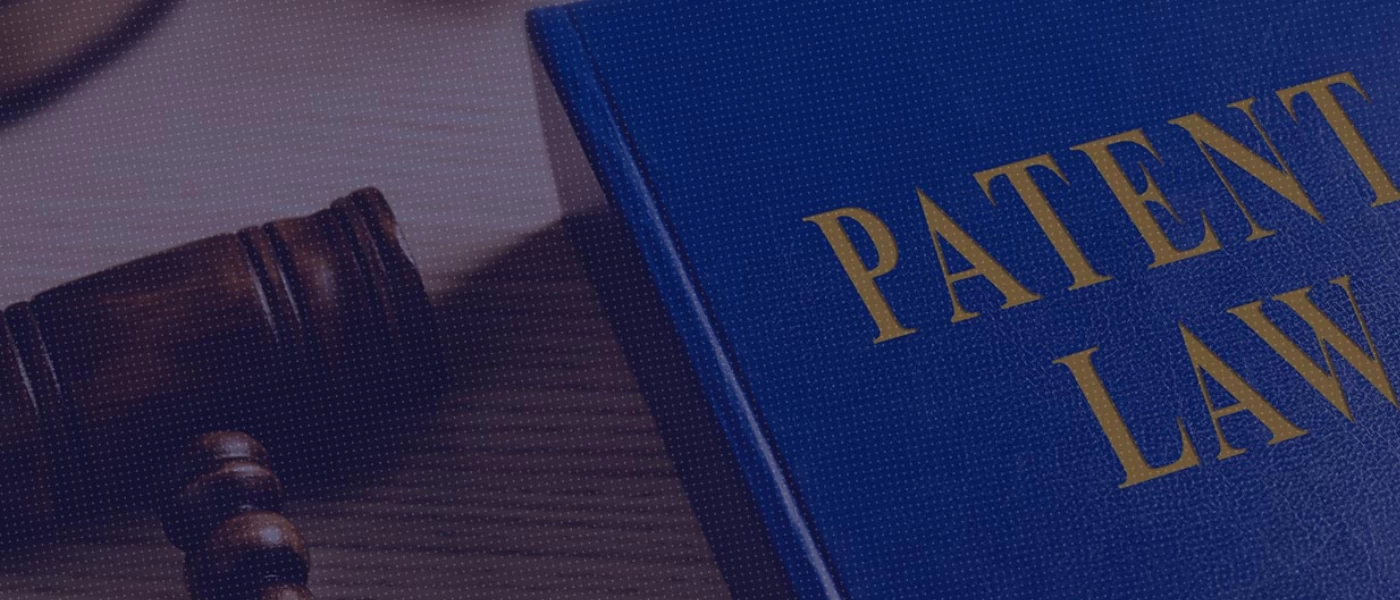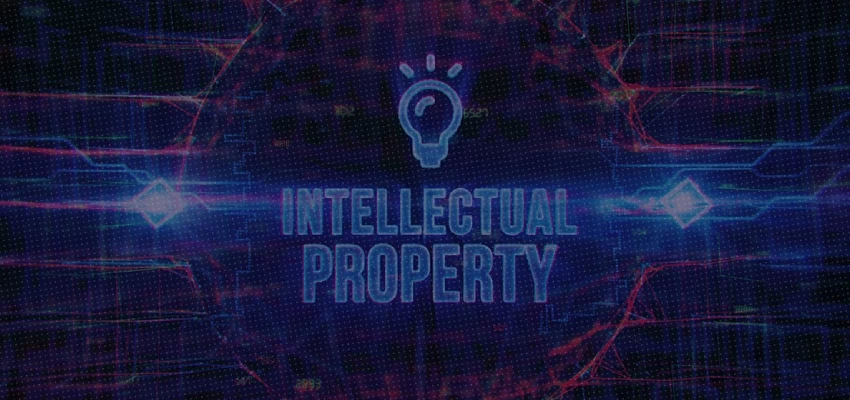The Delhi High Court in a recent decision[1] dated 30 July 2024 while adjudicating an appeal under the Patents Act, 1970 (‘Act’) filed against the Controller of Patents and Designs has held that the non-appearance of the Applicant in the hearing before the Controller cannot dispense with the Controller’s obligation to pass a reasoned and speaking order. The Single Judge of the Delhi High Court set aside the refusal order and remanded the matter back to the Patent Office for fresh consideration, directing the Respondent to decide the matter on merits within 4 months of the date of the order.
Facts
The instant patent appeal pertained to the Appellant’s Indian patent application no. 202017011947, titled ‘Composition, Methods, and Apparatuses for Catalytic Combustion’ (subject application). It was the case of the Appellant that the Respondent (Controller) passed the refusal order without consideration of the Appellant’s reply to First Examination Report (FER), resulting in an unreasoned order solely dictated by the non-appearance of the Applicant on the scheduled date of hearing and equating that to abandoning of the subject application. The Appellant submitted that the Appellant’s Patent Attorney upon not attending the hearing on 08 December 2023, received a call from the office of the Controller seeking clarification for not having attended the hearing on the very same date. The Appellant acting upon the direction of the Controller vide E-mail(s) dated 15 December 2023 and 18 December 2023 apprised the Controller of the ongoing financial difficulty that persists on the Appellant.
That, it is after this that the Respondent passed the refusal order on 18 December 2023, refusing the subject application. The Appellant also submitted that post refusal, the Appellant wrote four e-mails to the Respondent dated 01 March 2024, 05 March 2024, 06 March 2024 and 12 March 2024, praying for revival of the subject application. Owing to no updates from the Respondent, the Appellant also filed a representation before the Department of Administrative Reforms and Public Grievance on 05 March 2024.
The Respondent on the other hand, submitted that the Appellant had approached the Court with unclean hands and that the Appellant failed to provide a reason for not having attended the hearing. The Respondent asserted that the non-appearance on behalf of the Appellant is a conscious decision to abandon the subject application.
Decision and analysis
The Court observed that the refusal under Section 15 of the Act was based on the ground that the Appellant did not attend the hearing. The Court observed that the Respondent had not assigned any specific reason and did not analyze as to why the subject application was not entitled to proceed for grant. The Court held the refusal order to be completely devoid of any merit, be it the reasoning or be it the outstanding objections.
The Court held that the Appellant not attending the hearing cannot be the basis for passing a decision under Section 15 of the Act. According to the Court, the Appellant’s detailed response to FER casts a duty on the Respondent to pass a speaking order.
The Court observed that the Respondent’s contention with respect to the intent of the Appellant to abandon the subject application is misplaced and misguided. The filing of a detailed response to FER, coupled with e-mail(s) sent to the Respondent, makes it evident that even though the Appellant did not attend the hearing, there was a request for disposal of the subject application as per the provisions of the Act.
The Court further distinguished the case at hand with Ferid Allani[2], wherein it was held that abandonment is never presumed and is discernible through the intent, action and conduct of the Applicant. The Court further analyzed the judgement in the case of Merck Serono[3], wherein the Delhi High Court had held that providing detailed explanation to the objections raised in the FER and SER (Second Examination Report) would enjoin the Controller to pass a speaking order on merits under Section 15 of the Act and that the Controller cannot take recourse to Section 21(1) of the Act i.e., when the applications are deemed to be withdrawn for not rendering a reasoned decision.
The Court further analyzed another aspect pertaining to the subject application having been granted patents in several other jurisdictions. The Court noting that this is a crucial factor for determining patentability of the subject application, relied on the case of Otsuka[4], wherein the Delhi High Court had observed that grant of the subject matter in major jurisdictions ought to be taken into account while deciding the patentability of the same subject matter in India.
The Court held that it was incumbent upon the Respondent to pass a reasoned order, taking into account the submissions of the Appellant in the reply to the FER, and the documents filed along with the said reply. The Court relying on Rule 28(5) of the Patent Rules, 2003 held that the language of sub-rule (5) [After hearing the applicant, or without a hearing if the applicant has not attended or has notified that he does not desire to be heard], makes it clear that the Respondent is bound to decide the patent application, irrespective of whether or not the Applicant attended the hearing before the Respondent. The Court relying on the case of Huhtamaki[5], wherein the Delhi High Court while emphasizing on the need to pass a reasoned and speaking order, had categorically held that every order, be it rejection or acceptance has to be reasoned and shall deal systematically and sequentially with each objection that requires consideration.
The Court set aside the refusal order and remanded the matter to the Patent Office for a de novo consideration. Upon noting that the refusal order was passed within ten days of the scheduled date of hearing i.e., before the expiry period of the fifteen days’ timeline for filing written submissions, the Court reinstated the right of the Appellant to file written submissions under Rule 28(7) of the Patent Rules, within a period of five days from the pronouncement of the High Court’s order and directed the Respondent to dispose of the matter within four months.
[The authors are Associate and Partner, respectively, in IPR practice at Lakshmikumaran & Sridharan Attorneys]
- [1] Star Scientific Limited v. Controller of Patents and Designs, C.A.(COMM.IPD-PAT) 20/2024 [Neutral Citation no. 2024:DHC:5643]
- [2] Ferid Allani v. Union of India and Others, 2008 SCC Online Del 1756
- [3] Merck Serono S.A. v. Union of India and Others, 2014 SCC OnLine Del 1825
- [4] Otsuka Pharmaceutical Co. Ltd. v. Controller of Patents, 2022 SCC OnLine Del 4982
- [5] Huhtamaki Oyj and Another v. Controller of Patents, 2023 SCC OnLine Del 3272











